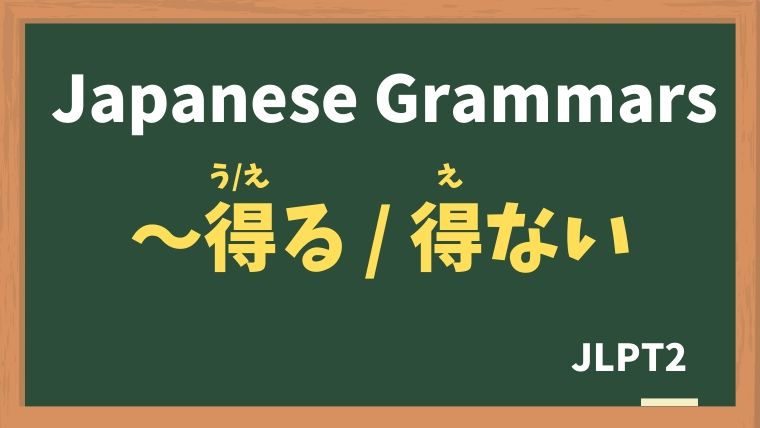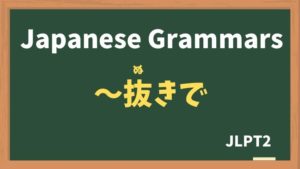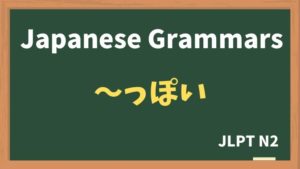
Explanation:〜得る / 得ない
fa-check-circleMeaning
得る:"〜できる / 〜する可能性がある"
得ない:"〜できない / 〜する可能性がない"
Used to express whether something is possible or impossible. These phrases typically convey the speaker’s belief about whether an action or event can occur based on its likelihood or feasibility. "〜得る" means "can" or "is possible to," while "〜得ない" means "cannot" or "is impossible to."
fa-check-circleForm
V(masu form)ます + 得る / 得ない
fa-check-circlePoints
- Possibility or Impossibility: "〜得る" is used to indicate that something is possible or can happen, while "〜得ない" expresses that something is not possible or cannot happen.
- Formal Expression: "〜得る" and "〜得ない" are relatively formal expressions and are commonly used in written language or polite speech.
fa-check-circleJLPT Level
N2
fa-check-circleJLPT Level
① "得る" has two readings, 「うる」or「える」 but "得ない" is only 「えない」
② This expression cannot be used to mean 'can or cannot do something' in terms of ability.
Sample sentenes
タバコの吸いすぎや、お酒の飲み過ぎは病気の原因になり得ます。
Excessive smoking and drinking alcohol can be causes of illness.
考え得る全ての方法を試してみたが、ダメだった。
I tried every possible method, but it didn't work.
いつ死ぬかなんて、誰も予測し得ないことだ。
No one can predict when we will die.
日本ではいつ地震が起こり得るかわからないから、しっかり準備しておくことが大切だ。
We never know when an earthquake might happen in Japan, so it is important to be prepared.
どんな人だって、失敗することはあり得ます。
Anyone can make mistakes.
Vocabulary
| Japanese |
English | |
| 予測する | よそくする | to predict |
| 失敗する | しっぱいする | to fail |






